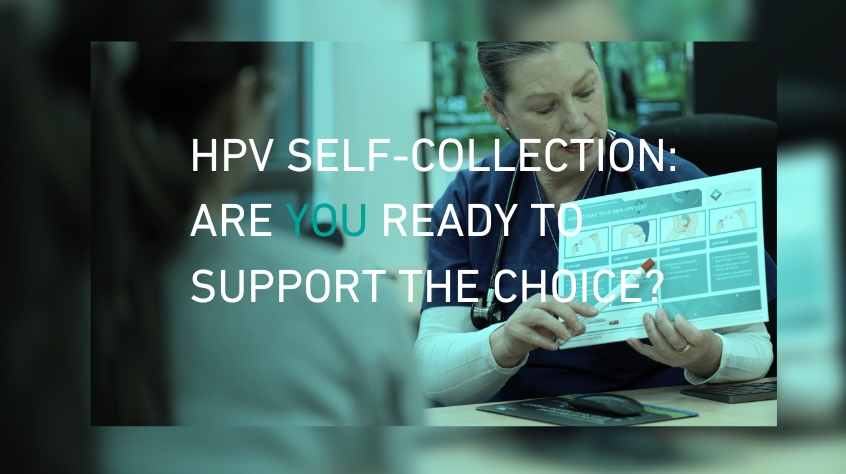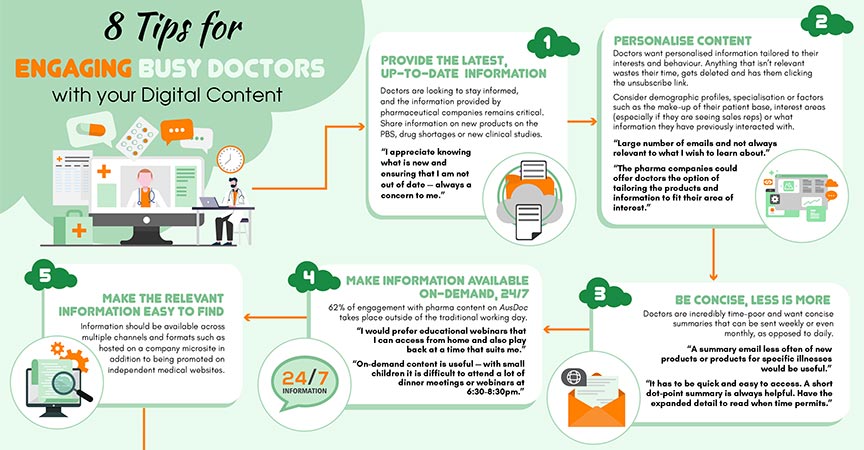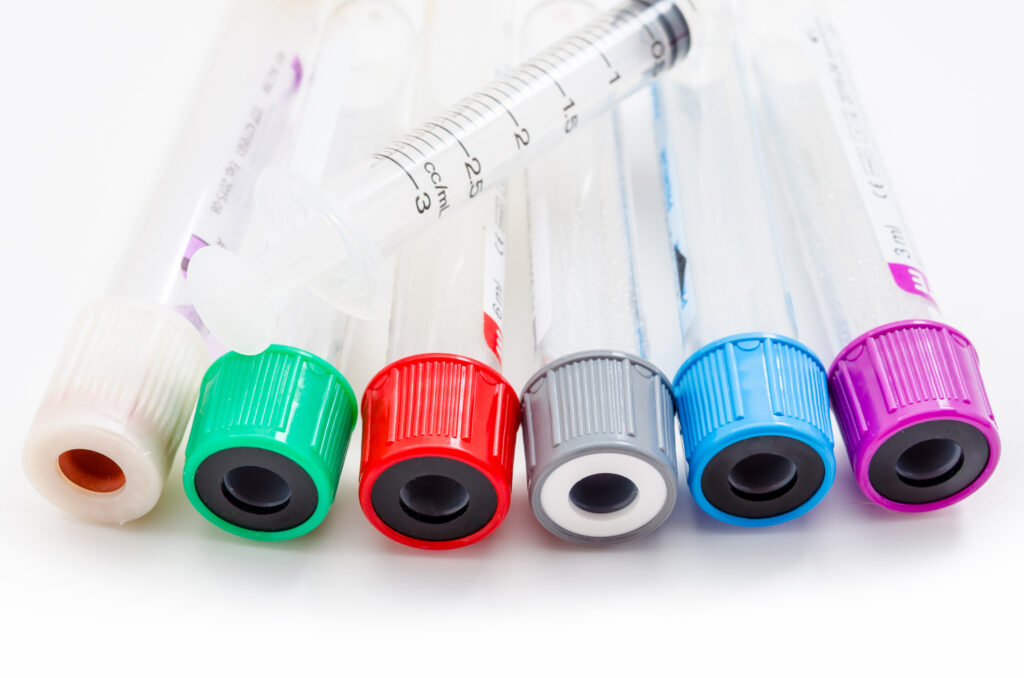An AusDoc survey has highlighted an opportunity for the pharmaceutical industry to help speed up the pathway to diagnosis and treatment of patients with rare diseases.


An AusDoc survey has highlighted an opportunity for the pharmaceutical industry to help speed up the pathway to diagnosis and treatment of patients with rare diseases.

While eight in every hundred Australians has a rare disease, GPs lack confidence in identifying these patients, which may delay diagnosis and treatment.

With over 1-million doctor engagements and 45,000 clicks in the last 12 months, we deep dive into the data and identify common factors that contribute to these meaningful interactions, uncovering insights that can help optimise marketing strategies while also better meeting the needs of healthcare professionals.

The challenge for ACPCC was to make more GPs aware of the self-screening option available to their patients and support them to integrate HPV self-collection for cervical screening into their clinical practice.

Most respondents to an AusDoc survey prescribe weight-loss medications at least once a month, with legacy products enjoying strong brand recall alongside the newer entrants to the market.

More than 85% of doctors report an increased number of patients asking about weight-loss medication over the past 12 months, but many lack confidence to discuss newer treatments, according to an exclusive AusDoc survey.

Even though Pfizer’s customers prefer face-to-face, most of their engagement is digital, writes Clifford Fram, director of partnerships and innovation at adg. Claire Edgerton’s morning fix is to check the data. She likes to know what content and channels Pfizer’s customers are engaging with – what they’re reading, what they’re watching and what they’re searching

AusDoc has the biggest amount of monthly visits among independent healthcare publications in Australia

The digital revolution has had a significant positive impact on how doctors’ access pharmaceutical information, especially in the post-COVID-19 era. This has ultimately enhanced the quality use of medicines and patient care. More recently, with the ubiquitous use of the word ’omnichannel’, the short-term challenge for pharma is finding the right mix between traditional face-to-face

A recent AusDoc survey of 418 GPs and GP registrars focusing on pathology tests has uncovered a raft of unmet needs for GP education, and opened up a range of opportunities for pathology organisations and pharma companies to offer meaningful med ed. Respondents were crying out for further education, with several key areas of particular

Pathology testing and the interpretation of results are regular challenges for many GPs, and there are several key areas that are particularly problematic, an AusDoc survey of 418 GPs and GP registrars has revealed. 1. Ordering tests: vague symptoms pose problems When it comes to deciding which pathology tests to order, the clinical presentations that

Our network offers an integrated suite of advertising solutions allowing clients to reach more doctors and other medical specialists, more frequently, on more devices every day.